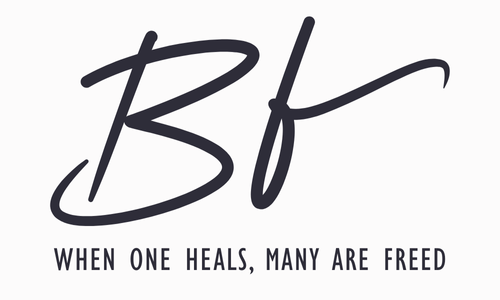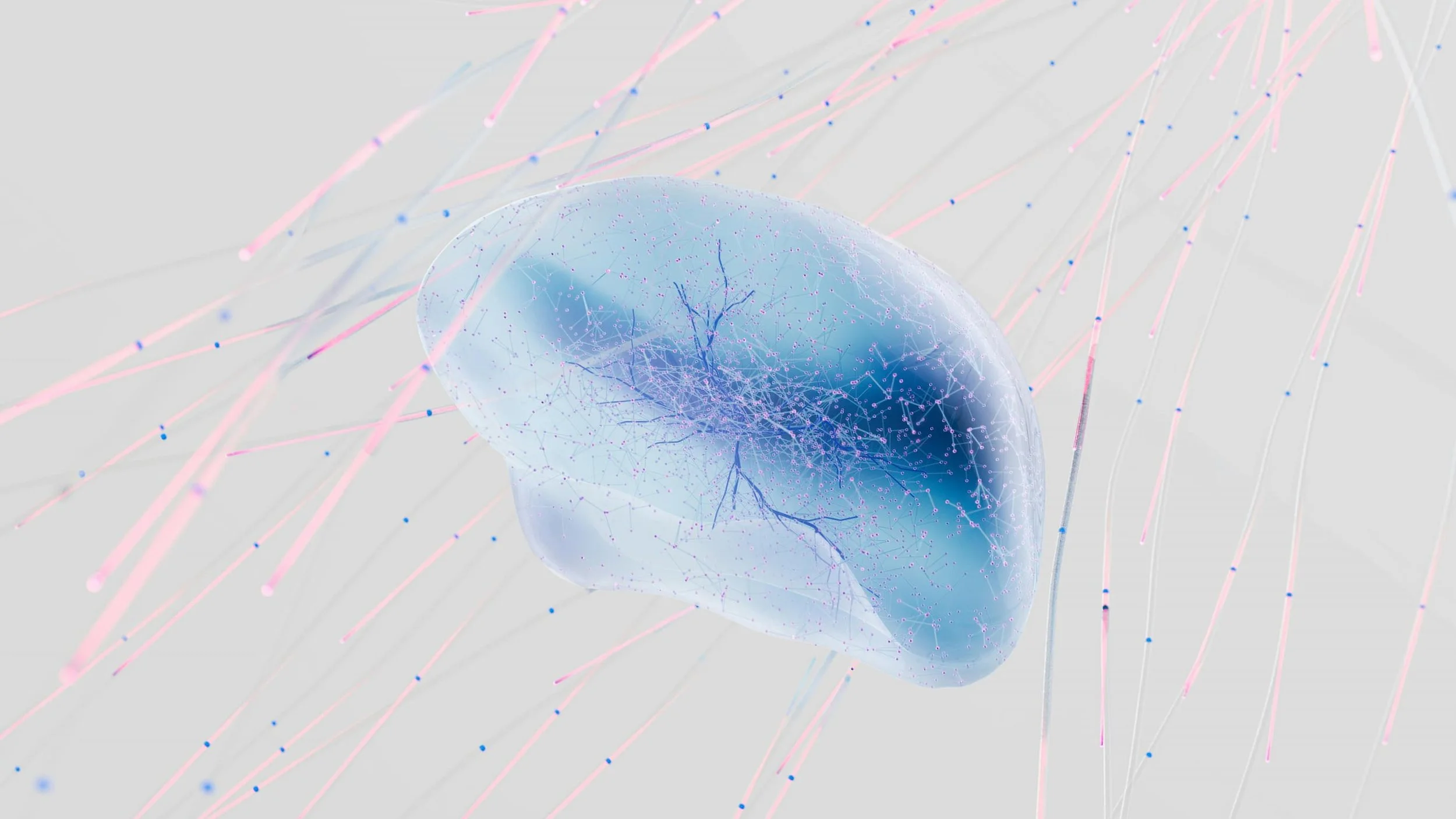Can’t Sleep? What Insomnia Might Be Telling You
Image Credit: cottonbro studio
In Better Call Saul, there’s a quiet moment that carries some weight: Howard Hamlin, who was Jimmy McGill’s former boss and long-time rival, runs into Jimmy in a courthouse restroom. Their relationship has always been messy: professional, competitive, and laced with resentment. Howard, who is usually composed and immaculately dressed, is looking very stressed. He turns to Jimmy and asks:
“You ever have insomnia?”
“Not really.”
“Wouldn’t wish it on my worst enemy.”
The line lands with a punch. It’s a glimpse behind the mask of high-functioning professionals who carry their struggles quietly. And it captures something many who live with insomnia will recognise: the way sleeplessness can become a private kind of torment, one that even words struggle to contain.
Image Credit: Teresa Howes
Have you ever found yourself in this position. It’s 2am. You’ve tried everything to get yourself to sleep: no caffeine, a warm bath/shower, even that breathing technique someone recommended. But here you are, wide awake. If this sounds familiar, you’re most certainly not alone. The Sleep Charity reports that in the UK, 37% of adults experience insomnia.
Neuroscientist and sleep expert Matthew Walker highlights in his book Why We Sleep that sleep isn’t just about physical rest. There’s a significant period of time where the brain needs to process its emotional content that has been absorbed throughout the day. This happens in REM sleep (rapid eye movement) which is crucial for our brain to make sense of what we’ve felt that day. When insomnia blocks this process, it can leave us feeling overwhelmed and ungrounded the next day. Walker also challenges the stigma around night owls, and I share his view that they’re often unfairly forced into a 9–5 schedule that doesn’t align with their natural biological rhythms.
If you’ve been living with short sleep for a while, it might feel normal by now—something you’ve adapted to out of necessity or routine. And for some, it may genuinely feel manageable. That said, research suggests that only a very small portion of the population (less than 1%) carry a rare gene variant (DEC2 (BHLHE41)) that allows them to thrive on six hours or less each night. For most people, the body and brain function best with closer to eight hours. So, for now, it might be helpful to gently hold that as a working assumption, not as a rule, but as an invitation to explore what more rest could feel like.
One alarming insight from Walker’s book is the prevalence of the link between chronic lack of sleep and the rates of onset dementia. When you deprive yourself of sleep, sticky, toxic proteins build up in the certain parts of the brain called beta-amyloid. These proteins are poisonous to neurons and are responsible for killing the surrounding brain cells. The longer this process endures, the higher the risk of forming onset dementia, and this process can start as early as 15-20 years before physical symptoms start to appear.
This isn’t shared to shock, but to offer an invitation: if sleep has become elusive, it may be worth paying attention to. Not as something to fix overnight, but as a part of your wellbeing that deserves considerable time addressing.
Image Credit: Google DeepMind
Understanding Insomnia: More Than One Kind of Sleeplessness
Insomnia isn’t just one thing. It can come in many different forms and for different reasons. Broadly, we can understand it in two main ways:
Acute insomnia: which lasts a few days or weeks and is often triggered by stress, travel, or changes in routine. It usually resolves when the underlying cause passes or is addressed.
Chronic insomnia: which persists at least three times a week for three months or more, and may be linked to medical issues, mental health, or long-standing sleep habits.
We can also look at insomnia in terms of timings:
Sleep-onset insomnia: difficulty falling asleep at the beginning of the night.
Sleep-maintenance insomnia: waking up in the night or early morning and struggling to fall back asleep.
Each of these can feel frustrating in different ways. For those with sleep-onset insomnia, there may be a sense of dread as bedtime approaches. For those waking in the early hours, it can feel like the mind is pulling them back into alertness before the day has even begun.
Image Credit: Ahmed Abouelhassan
What Might Be Behind Anxiety: Taking a Whole-Person View
Insomnia rarely has just one cause. It can be influenced by our biology (like hormones, diet, or pain), our psychology (stress, trauma, or emotional overwhelm – see my other blogs addressing these issues), and our social world (work pressures, parenting, or even screen time). Understanding your own sleep patterns means looking across these layers with curiosity, not blame.
For some people, improving sleep might begin with simple lifestyle shifts: adjusting bedtime routines, limiting caffeine, or managing stress. For others, it may involve exploring deeper emotional patterns or seeking support for mental health challenges that quietly impact rest. What works for one person may not work for another, so saying that, what matters is finding an approach that acknowledges your whole experience.
Image Credit: Taryn Elliott
How Therapy Can Help (and When It Might Be Worth Exploring)
For some, therapy enters the picture when all the usual sleep tips no longer seem to help, or when insomnia begins to feel like more than just a nighttime issue. In sessions, we may start by focussing on sleep, but very often, what unfolds is a wider story. Sleep is not separate from the person; it is an aspect of the whole system, and sometimes that system is holding onto grief, anxiety, fear, or long-standing patterns of hypervigilance.
Therapy provides a safe and contained space to begin exploring what may be going on underneath. Together, we might begin to notice the thoughts that surface in the stillness, the bodily signals that accompany restlessness, or the emotional sides of you that find it difficult to let go. In time, therapy can support a shift not only just towards better sleep, but also towards a more compassionate relationship with yourself.
If you’ve been struggling alone with insomnia and it feels like there’s more to it than just your bedtime routine, therapy may be one way to start untangling the deeper threads. You deserve to have the kind of rest that feels physically and mentally nourishing, not just in hours, but in quality as well.
Image Credit: Aleksandar Cvetanovic
Insomnia often carries more than just sleepless nights. It can stir shame about not coping, or about falling behind while the rest of the world rests. If this resonates, you may also like:
References
Cheng, P., Pillai, V., Mengel, H., Roth, T., & Drake, C.L. (2015). Sleep maintenance difficulties in insomnia are associated with increased incidence of hypertension. Sleep Health.1(1), pp. 50-54.
Foster, B. (2025). Therapy for anxiety: Beyond labels. Ben Foster Therapy. Available at: https://www.benfostertherapy.com/blogs/therapy-for-anxiety-beyond-labels. [Accessed: 06 September 2025].
Harmon, K. (2009). Rare Genetic Mutation Lets Some People Function with Less Sleep. Scientific American. Available at: https://www.scientificamerican.com/article/genetic-mutation-sleep-less/. [Accessed 06 September 2025].
Sleep Foundation. (2025). Sleep Hygiene. Available at: https://www.sleepfoundation.org/sleep-hygiene. [Accessed: 06 September 2025].
Sleep Foundation. (2025). Types of Insomnia. Available at: https://www.sleepfoundation.org/insomnia/types-of-insomnia. [Accessed: 06 September 2025].
The Sleep Charity. (2024). Sleep Manifesto. Available at: https://thesleepcharity.org.uk/get-involved/sleep-manifesto-2024/. [Accessed: 06 September 2025].
Walker, M. (2018). Why We Sleep: The New Science of Sleep and Dreams. London: Penguin.







